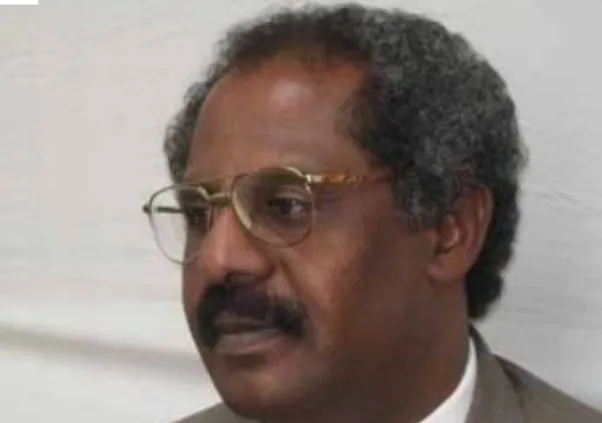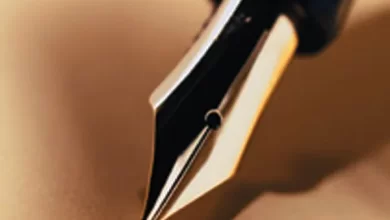The crime of the era
Fathi Al-Daw writes: The crime of the era

The heinous crime that took place the day before yesterday in one of the villages of Al-Jazeera, which was showcased in a short video clip circulated on social media, requires us to take an unwavering stance, because it represents a sharp deviation in the course of the ongoing war, foretelling the possibility of developments that could have ominous consequences.
In that video, the shocking scenes it documented of soldiers mutilating the body of a war victim, where one of them skinned him like a sheep, while another was busy cutting open his stomach to extract his entrails, which he later waved in the air, amidst shouts of “Tahleel and Takbir” in an unsurprising manner. The soldier concluded the scene by chewing on the war victim’s liver with blatant pleasure and ecstasy. It was a bitter, melodramatic scene, the likes of which you will only find in the nature of animals and cannibals.
It is quite noteworthy that this event was taking place with two striking aspects. Firstly: The scenario was implemented in front of a group of citizens who were avidly watching the scene with flickering eyes, and perhaps anxious hearts trembling with fear and alarm. Secondly: The most painful part is, the presence of a number of children who were watching what was happening in a most telling silence. In reality one doesn’t know their true feelings in regards to that disturbing moment, just as one can’t tell what their feelings will be tomorrow when they grow up, knowing that these scenes will reside in their subconscious minds for the rest of their lives.
Although more than one thousand and four hundred years have passed, what “Hind bint Utbah” did is still mentioned in history books as if it happened yesterday. For ripping open the stomach of “Ḥamza ibn ʿAbd al-Muṭṭalib” and eating his liver. An act the sane human soul will be disgusted with.
In our present times, those with sensitive hearts are still suffering between what our imagination assumes and what our reality dictates.
One of my surgeon friends, who had spent a lifetime in his chosen profession, told me during a call that although he had spent more than forty years as a surgeon, during which he continued to open patients’ stomachs -surgically speaking- on regular basis and run his scalpel all over their organs, he was unable to look at the scenes of that disastrous crime for long.
In fact, we shouldn’t look at this heinous crime without taking into consideration the circumstances that led to it. For it is the harvest of what the Islamists sowed in the lean thirty years, during which they drove the country to the brink of utter ruin.
Admittedly, we were very reluctant to expose this phenomenon of religious obsession, because some of us were negligent and others treated it with some indifference until it stretched, yawned, and weighted on our chests.
Neither the nail that was driven into the skull of doctor Ali Fadl, nor the stake that was inserted into the anus of the teacher Ahmed Al-Khair, or even the groaning of those who were buried alive on the slopes of Jebel Karari, woke us up. This is a black book of numerous sins. Even if we had devoted ourselves to counting their crimes, we would not have been able to achieve that aim.
But because they love power, their lust for it will forever control their sick souls, as if that bleak period, despite its darkness, was merely a picnic. They practiced corruption, gave it a tongue and lips, and sank into tyranny until it almost became a religion to be worshiped.
In order to avoid the abyss toward which the nation is rapidly heading, we must act urgently to prevent its fall. Let this heinous crime be our starting point. It shouldn’t be reduced to a mere source of condemnation and denunciation, but rather a focal point for diligent efforts aimed at forming a broad national front that unitrs all loyal patriotic Sudanese people to stop this foolish war.
In my opinion, this occurrence represents a dividing line between two times: a time that mourns what Sudan used to be, and a time filled with trepidation regarding the birth of the Sudan it will be. If someone still believes that pre-war Sudan will return, then they must forgo these illusions at once and be more realistic in evaluating events in a rational and logical manner. Perhaps this means the upcoming Sudan will not necessarily carry the same distortions that have split the beautiful picture we always cherished.
But, gentlemen, ISIS affiliates did not descend on us from the sky while people were asleep!
In conclusion: There must be accountability and democracy, even if the journey there is long!





